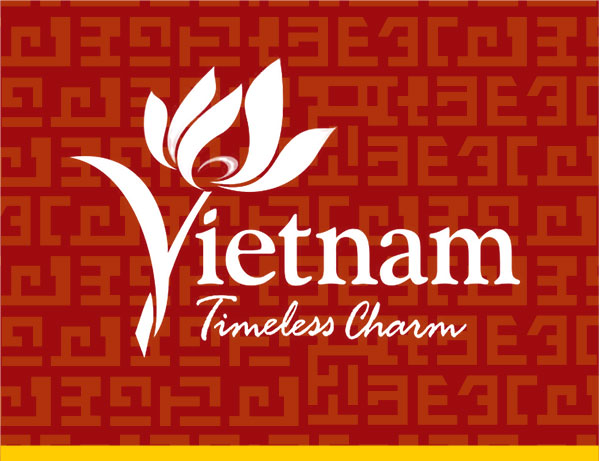A millennium under Chinese rule
Each city and city in Vietnam has its Hai Ba Trung Street named after the Trung sisters who led a briefly successful rise up in 40 AD and killed themselves when the rebellion was quashed by the ruling Chinese. There are few clues to explain why the early Vietnamese were so committed to resisting assimilation by China, however despite adopting their know-how, language, religion and way of life, becoming a part of the Chinese language Empire was a bridge too far. Whatever the tyranny and brutality that was the Chinese response to insurrection, resistance and insurgence continued till the battle on Bach Dang River, not removed from today’s Ha Long Metropolis, lastly ended a thousand years of Chinese language domination.
Kublai Khan repelled and the Chinese briefly in control again
With the hearth of independence burning brightly, the Vietnamese became a formidable foe. Repeated incursions by the Chinese language from the north, and the Khmers and Cham from the south have been all repelled. Even the might of half 1,000,000 Mongols led by Kublai Khan was defeated by inferior numbers of Vietnamese on three occasions within the 13th century – the one different nation on the planet to face up to invasion by the great conqueror was Egypt. Nonetheless, after the victories, the Chinese, with Champa help, took advantage of Vietnam’s depleted navy assets to invade and re-set up direct rule. As soon as again, they were expelled, twenty-one years later, but this time by Le Loi’s guerrilla army.
The fall of Champa
Vietnam’s current boundaries as soon as included much of the Kingdom of Champa, a maritime empire established in what is now Da Nang in the second century AD that expanded south to rule the southern Mekong space extending nicely into Cambodia. It reached its zenith about the identical time as Vietnam threw off the Chinese yoke, whereupon the two nations fought nearly constantly till the Cham forces had been defeated within the fifteenth century, and the remainder of the inhabitants fled to Cambodia or were absorbed into the Viet population. Today, apart from a number of their distinctive brick towers and a few examples of their Indianised sculptures, little stays of the glory that was Champa.
Consolidation, not expansionism
Surprisingly, the occupation of the Champa lands within the south is the one significant instance of Vietnamese expansionism. Regardless of its intervals of apparent navy superiority over its western neighbors, the country’s borders have hardly modified since Le Loi’s victory. The elixir of independence was, and still is, enough.
The lessons of history
Had the French, and particularly the People, made a more thorough research of Vietnam’s military previous, they might have had second thoughts about making an attempt to pacify China’s ‘most unruly province’. China’s abortive incursion in 1979, once they have been driven again by the Vietnamese, suggests that they may have benefited from a more in-depth examine of their own history!
The revered heroes
The names of the Trung Sisters, Le Loi and his Imperial title Le Thai To, Ngo Quyen – the navy genius who broke the shackles of Chinese domination, General Tran Hung Dao – the conqueror of Kublai Khan, and a number of different heroes from the distant and up to date past, are rather more than just road names. Whereas folks within the West move statues and mementos of well-known navy figures with scarcely a glance, Vietnam actually worships its ancestors in temples everywhere in the country. For strange Vietnamese folks, they are not a footnote in history books, however an embodiment of the qualities of heroism and advantage that nurture the fierce desire for independence, and an on a regular basis model upon which to base one’s own character.
The riches of independence
For those with clear memories of the relentless slaughter of the French and American wars, it appears perverse to call the Vietnamese a peace-loving nation. Many guests from international locations involved in the hostilities of the 20th century wars in Indochina arrive in Vietnam expecting a residue of resentment. To their nice surprise, they’re invariably accorded a welcome of great warmth. We’ve opened our arms to the world in a spirit of peace and reconciliation.
Vietnam is absolutely impartial once more and, for us, that is a treasure above all others.
